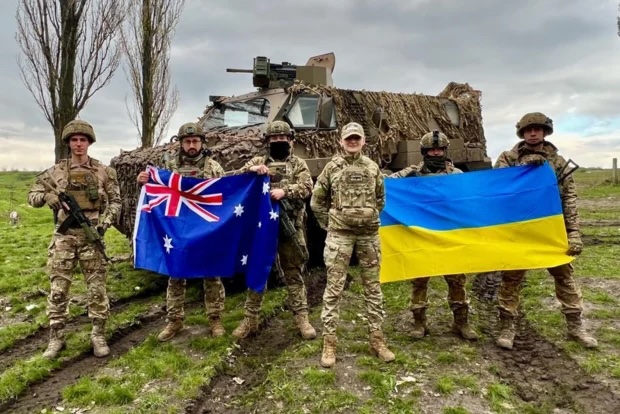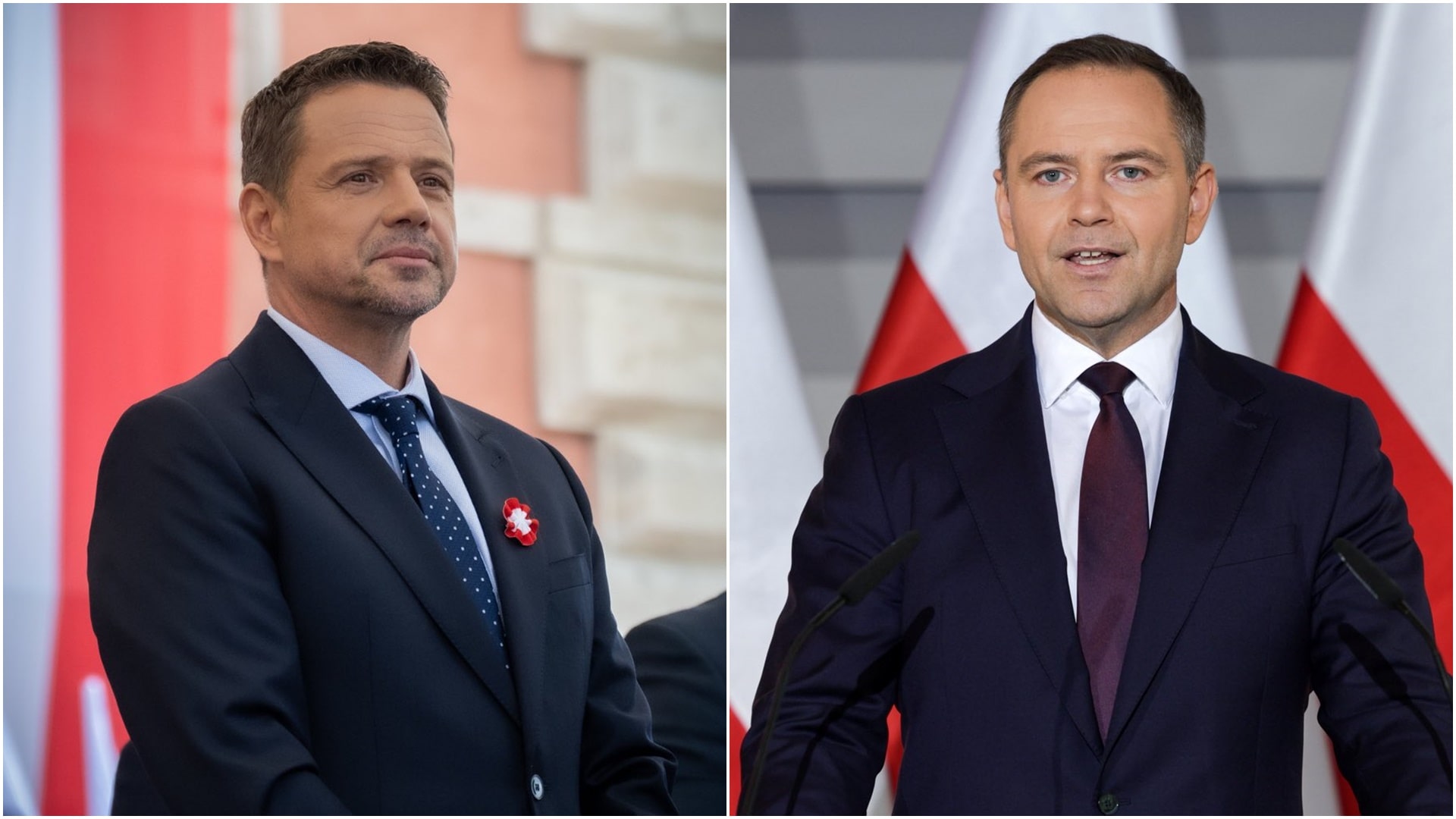Australia’s Prime Minister Anthony Albanese has signaled his government’s openness to sending peacekeeping troops to Ukraine, marking a significant shift in Australia’s stance on the conflict. This comes as European nations, led by Britain and France, work on establishing a “coalition of the willing” to enforce a potential peace agreement in Ukraine.
Changing Dynamics: US Suspends Military Aid
On Tuesday, White House officials confirmed a suspension of American military aid to Ukraine, just days after a tense exchange between President Donald Trump and Ukrainian President Volodymyr Zelensky in the Oval Office. According to the Washington Post, the U.S. is “pausing and reviewing” its support to ensure it aligns with peace efforts. Government agencies emphasized that this is a temporary suspension, not a permanent halt to aid.
European Plan for Peace in Ukraine
In response to the U.S. policy shift, European countries are actively developing a peace plan that includes deploying 30,000 peacekeeping troops to Ukraine. The goal is to provide security against potential future Russian attacks and prevent Moscow from rearming. However, Russia opposes these plans, which could create new geopolitical tensions.
Australia’s Position: From Hesitation to Openness
During a press conference in Sydney, Albanese reiterated Australia’s strong support for Ukraine, emphasizing that the country is not only fighting for its sovereignty but also for the rule of law. He stated:
“We want peace in Ukraine, but we want to ensure that Russia’s illegal, immoral actions are not rewarded, and that Vladimir Putin’s imperialist plans are neither supported nor encouraged.”
Just a day earlier, Australia’s Defense Industry Minister Pat Conroy stated that sending troops was not under consideration, marking a stark change in tone. Peter Dutton, the leader of the Australian opposition, remains opposedto sending troops.
Australia’s Financial Commitment to Ukraine
Australia has already contributed $1.5 billion in aid to Ukraine, including $1.3 billion in direct military support. Albanese noted that no formal request has yet been made for Australian troops, but if a request is received, Australia will consider it.
What Are the Potential Consequences?
- Increased Involvement in European Security: Australia, traditionally focused on the Asia-Pacific region, may play a larger role in European stability.
- Strained Relations with Russia: Direct involvement could heighten tensions with Moscow, impacting Australia’s diplomatic and economic ties.
- Alignment with Allies: As a key U.S. ally, Australia’s decision may also influence Washington’s future movesregarding Ukraine.
Conclusions: A New Chapter for Australian Foreign Policy?
Australia’s willingness to support European peacekeeping efforts marks a notable shift in foreign policy. The changing U.S. stance and escalating geopolitical tensions in Europe could reshape Australia’s role on the global stage, positioning it as a key player in international peacekeeping efforts.





